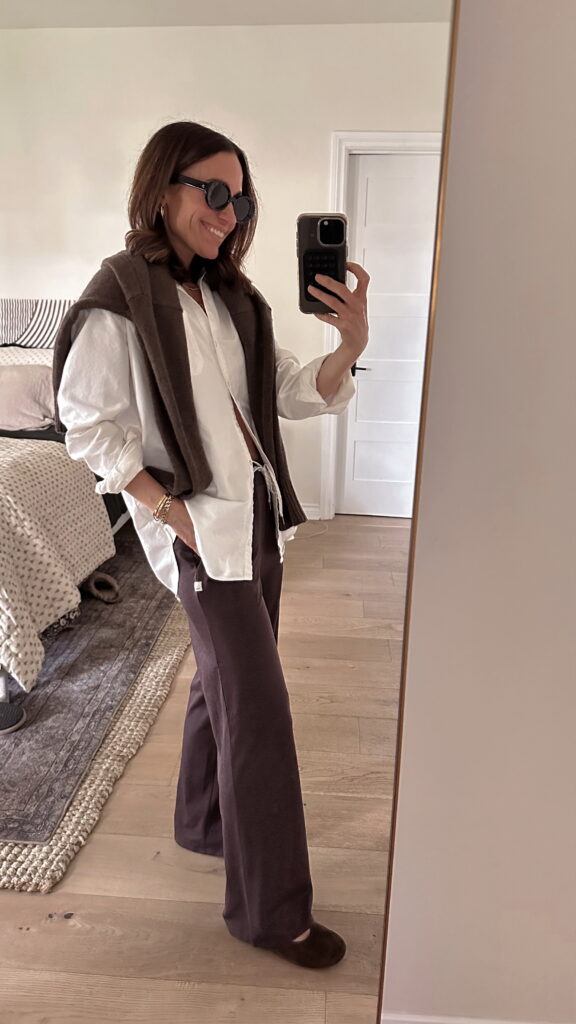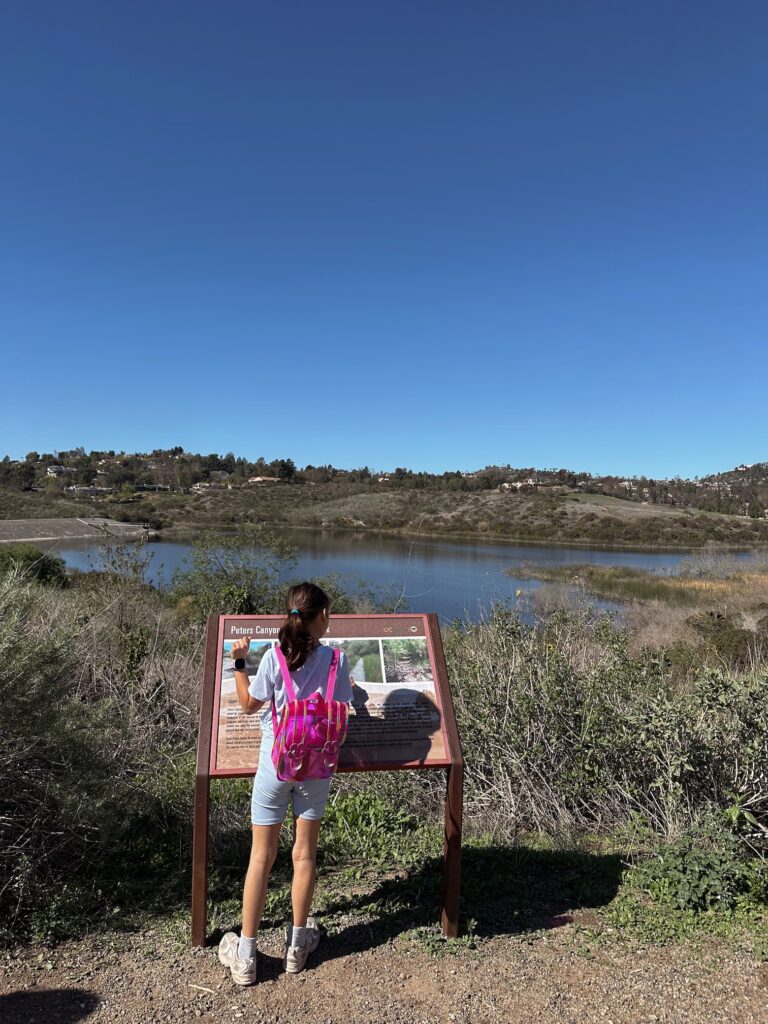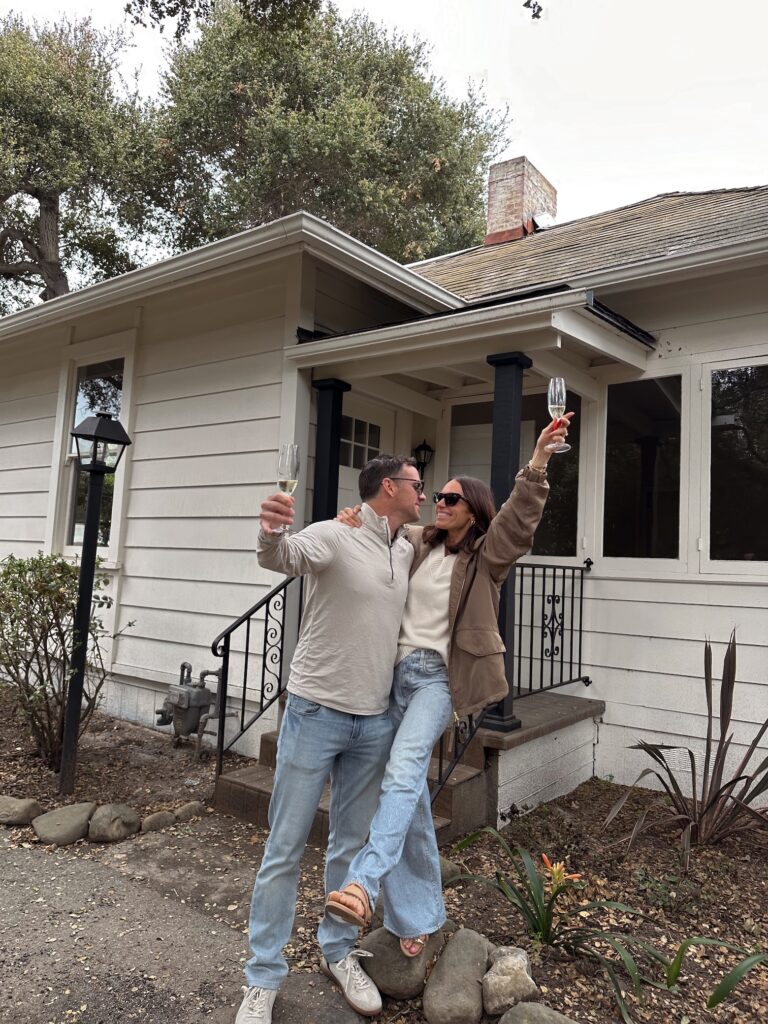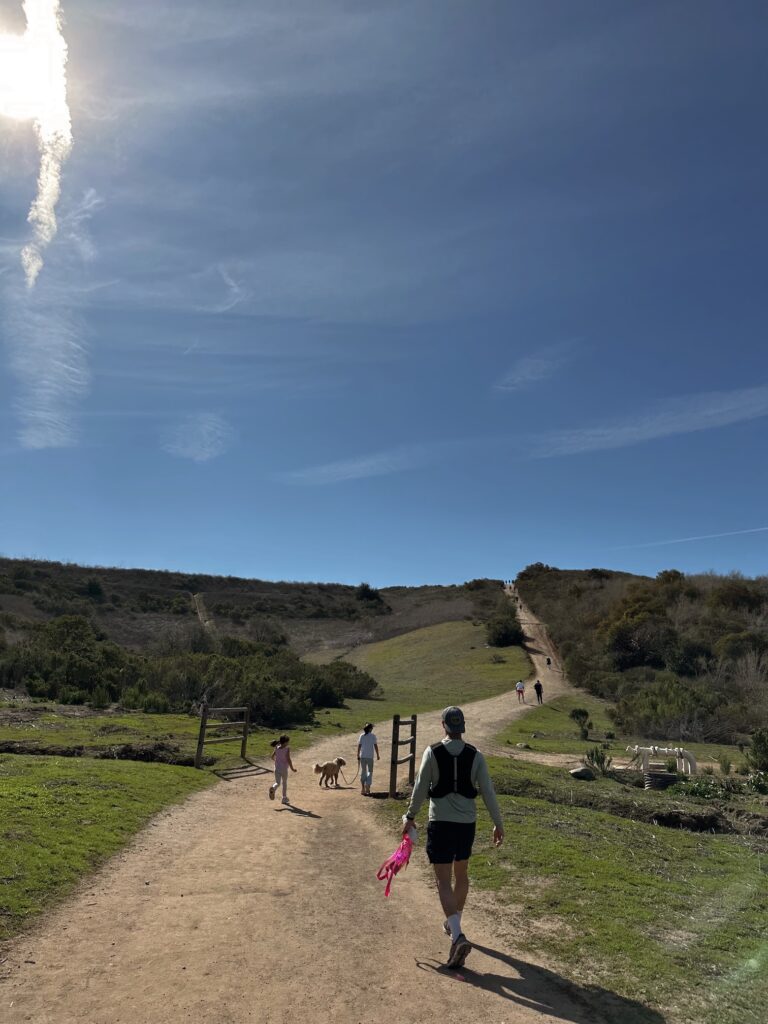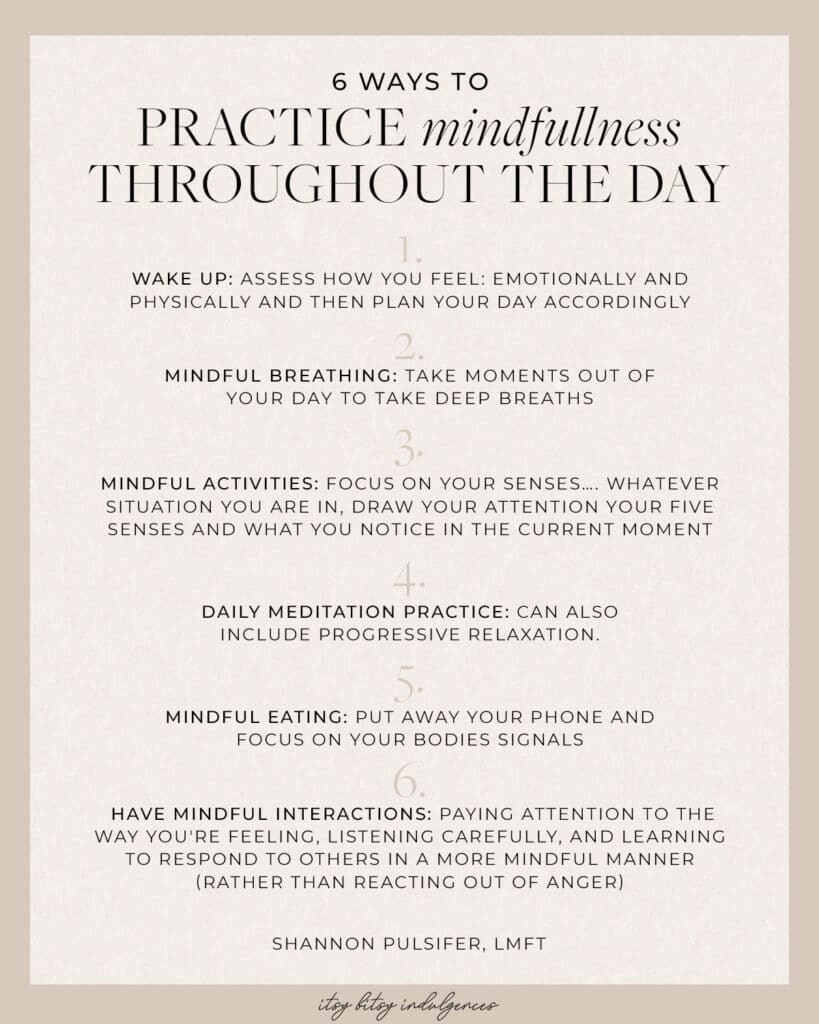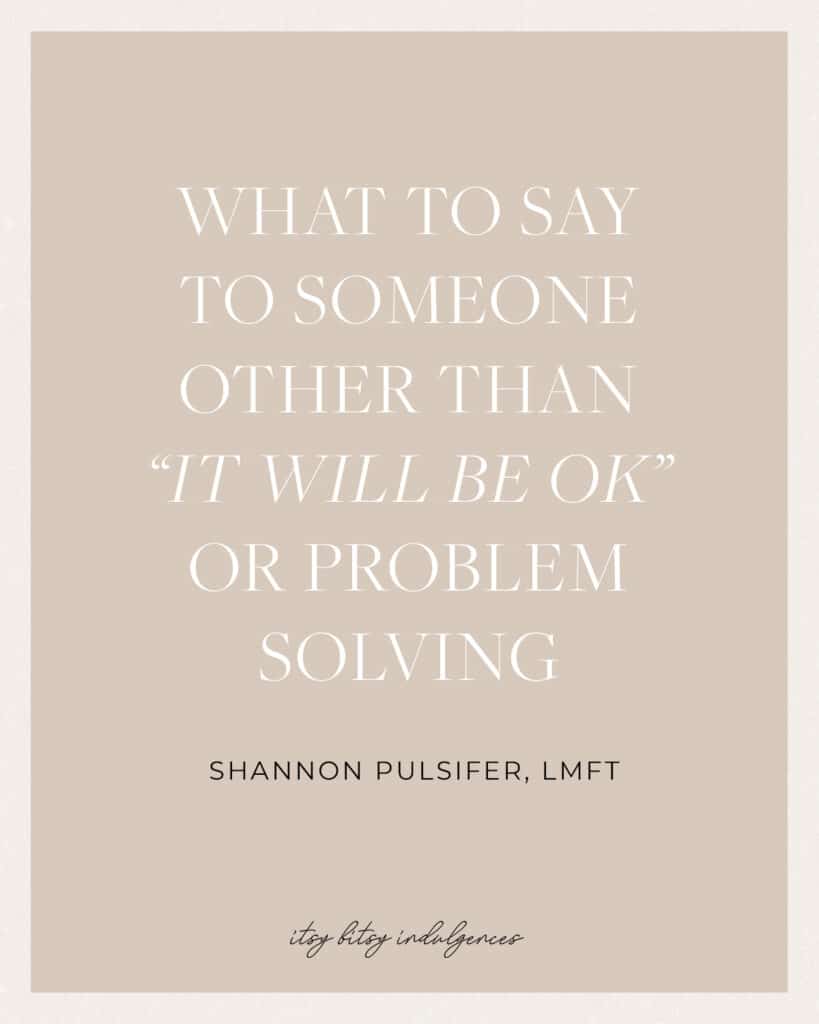Shannon and I had a wonderful sister date night last weekend, filled with good food, good drinks, and great conversation. Over a margarita and some fajitas, we talked about our relationships with our beloved S.O.’s, and the ways in which we have changed as individuals, significant others, coworkers, and friends. The common theme that seemed to bind the conversation was the ways in which we have both learned to communicate with others more effectively. For instance, in one of my college relationships, I was an expert at expecting my boyfriend to be a psychic… “If he loves me he should just KNOW what I’m thinking!” And with friends in high school it was “They totally started a rumor about me. So instead of talking to them, I’m going to shun them and just pretend they don’t exist for a while.” Luckily, I found alternative ways to manage these tough, often times awkward times that, in my previous experiences, resulted in some seriously hurt feelings. Which is why I felt compelled to put together the Do’s and Don’ts of how to talk to others will listen….and how to listen so that others will talk.
How to Talk so People will Listen
DO know what you want to say before you have the conversation-practice if you need to if it means you’ll feel more prepared, calm, and composed. I have even written miniature scripts for myself! (Is that weird?)
DO use I-statements….I learned QUICKLY that statements that started with “You always,” “Why can’t you,” and “I hate it when you….” completely turned me off. Once I heard those first few words I stopped listening. Statements that started with “I feel…” “When this happens, I get frustrated…” “Sometimes I need [blank] from you” I responded to. Neutralize the statements and the listener becomes much more receptive.
DO say what you mean and mean what you say…one of my biggest struggles. I think this relationship is the first in which I have actually began utilizing this…and he literally thanks me for it. I found such failure in expecting others to “just know” what I wanted and needed, and it only resulted in complete frustration on both ends. This was one of the things I told Shannon I felt really proud of…if I feel like something isn’t working or I feel that I need something from him, I express it honestly.
DON’T criticize: This goes back to I-statements. And really, who responds to criticism (the unconstructive kind)?
DON’T: Contempt. Mocking and sarcasm have their time and place, and these conversations aren’t it. And my BIGGEST pet peeve (boyfriend learned this real fast): eye rolling. There’s almost nothing more disrespectful.
How to Listen so People will Talk
DO actively listen: this includes nods of the head, “mmhmm,” “right,” “yeah,”….those interjections that convey we’re listening. I never realized how important they were until I had a conversation with a roommate in college who didn’t do them…I wondered if she even heard me?
DO validate and accept their side of the story: I can distinctly remember when I realized how important this was after a super awkward fight between my two roommates in college that I was unfortunately caught in the middle of (don’t ask me why I accepted the messenger position). When one of the roommates was telling me why she was so irritated that my other roommate had turned off the light so early, all I said was “Ok, so you feel really annoyed because she turned the light off early and you were still trying to study. That makes sense.” Without taking sides I had apparently made her feel understood, and she literally told me how much she appreciated it.
DO reflectively listen and clarify: If you don’t understand something, it is 100000% ok to ask for clarification! Shannon does this with me all the time, and it makes me feel like she actually wants to understand and respects my opinion.
DON’T be defensive: we’ve all been there…we TOTALLY disagree with what the other person is saying, and our very first instinct is to shout “What are you talking about!? I don’t do that!!” But I have found that the more defensive I get, the more escalated the argument gets (and it probably wasn’t even an argument to begin with). Keeping my cool and remaining non-defensive helps move the conversation forward as opposed to upward.
DON’T interrupt: One of my favorite quotes is “Too often we listen to reply instead of listening to understand.” When I interrupt it’s because I want to get my response in there before we move on…but really, all I’m communicating is that I think my ideas are more important that theirs.
DON’T stonewall: My old favorite. Ever heard of the cold shoulder? Shutting down? Withdrawing? Call it what you want, but I was a pro. It takes a heck of a lot of ego strength to carry on when you’re feeling attacked or like someone has severely misunderstood you. But unless it’s a super heated argument, I have never found success in stonewalling. Actually, it makes me feel lonely and isolated.
Phew! That was a long read, but these are things that (and I speak for Shannon here), I think she and I have both worked pretty hard to incorporate into our conversations with our significant others, friends, family, and coworkers. Obviously not every conversation is successful, but these techniques definitely help prevent unnecessary escalation! Happy communicating!
{Photo courtesy of emalinebride.com}
